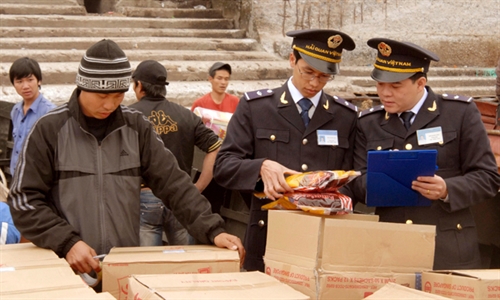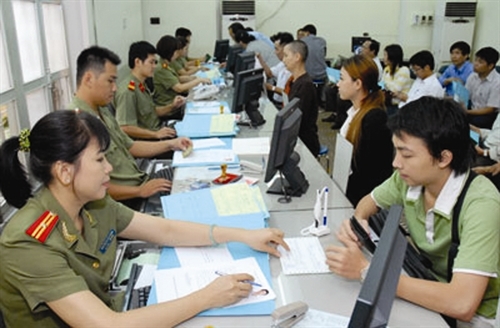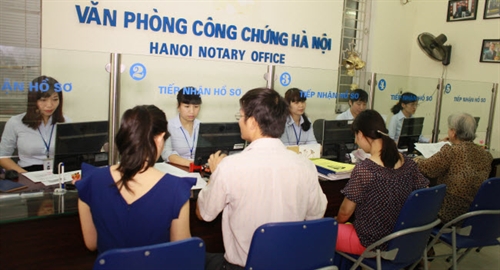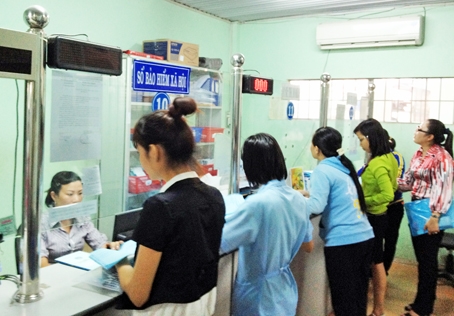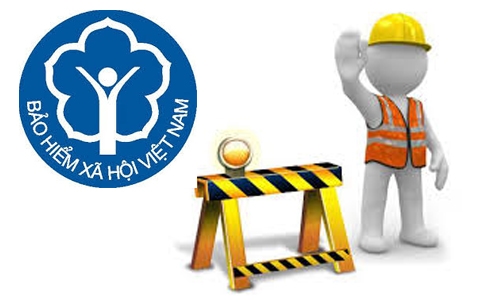I’m an American currently residing in the United States of America. My father-in-law is the owner of an import-export company in Vietnam and wishes to import some goods items from the US for trading in Vietnam. I wonder if I can personally purchase and deliver such goods to his company? Do I have to establish a company in the US to do that?
According to the Vietnamese law, you are not required to establish a company in the US for purchasing and delivering goods to your father-in-law’s company in Vietnam. In fact, you may represent his company in purchasing goods which it needs to import under contracts for authorized sale and purchase of goods in foreign countries. The entry into a goods sale and purchase contract in the US may be made either by you (the authorized person) or by the company’s at-law representative.
Your father-in-law will have to carry out the import procedures for the goods imported from the US into Vietnam. Since you do not mention specific details of goods, we will provide the general procedures for import of goods applicable to all goods items imported to Vietnam for domestic sale. However, you also have to pay attention to the conditions for exercising the import right.
* Conditions for exercising the import right:
According to Article 3 of Government Decree No. 187/2013/ND-CP guiding the Commercial Law regarding international goods sale and purchase and goods sale, purchase, processing and transit agency activities with foreign countries, enterprises established in accordance with the Vietnamese law have the right to import and export goods regardless of their registered business lines, except goods on the list of goods banned from import or suspended from import. In case your father-in-law’s company wishes to import goods under permits of, and subject to specialized management by, ministries and ministerial-level agencies specified in Appendix II to Decree No. 187, it has to apply for import and export permits of related ministries and sectors.
What procedures shall my father-in-law carry out upon receiving imported goods?
* Order and procedures:
- He is required to submit a customs dossier to the customs office that receives, registers and examines the customs dossier (customs department or branch) and conducts physical inspection of goods (at the border gate or port). The customs dossier for import must comprise:
+ A customs declaration, which can now be made electronically. The declaration items are guided in Appendix II to the Ministry of Finance’s Circular No. 38/2015/TT-BTC;
+ Commercial invoices in case where the purchaser has to make payment to the seller: 1 copy each (except where imports do not have any invoices and the purchaser is not required to make payment to the seller, or the customs declarant declares the customs value under the Ministry of Finance’s guidance on customs valuation);
+ Documents certifying the origin of goods (certificates of origin of goods or self-certification of origin of goods issued by the seller): 1 original.
- The e-customs data processing system receives, registers and processes customs declarations 24 hours a day and 7 days a week.
+ In case the registration of the customs declaration is refused, the customs office will notify the refusal to the customs declarant via the e-customs data processing system, clearly stating the reason.
+ In case the registration of the customs declaration is accepted, the e-customs data processing system will number and process the customs declaration, and make a reply to the customs declarant.
* Payment of customs fee:
- The customs declarant will have to pay a customs fee by monthly e-account transfer or in cash at the State Treasury or a credit institution authorized to collect such fee.
- If the customs declarant fails to pay the custom fees on a monthly basis or regularly carry out the customs procedures at a customs branch, he/she will have to base himself/herself on the notice of customs fee on the system to pay the fee on a case-by-case basis;
- In case the customs declarant pays the customs fee in cash to the customs office, customs officers will issue a receipt of customs fee.
For further information about the customs procedures, you may directly contact the customs branch where you carry out the goods import procedures for specific guidance.
*You may also refer to the following legal documents for better understanding the formalities:
- Customs Law No. 54/2014/QH13 (amended and supplemented by the 2014 Law Amending the Laws on Taxes);
- Decree No. 08/2015/ND-CP detailing, and providing measures to implement, the Customs Law regarding customs procedures and customs inspection, supervision and control;
- Circular No. 38/2015/TT-BTC on customs procedures, customs supervision and inspection, import and export duties, and tax administration applicable to imports and exports;
- Circular No. 172/2010/TT-BTC guiding the rates and regime of collection, remittance, management and use of customs fees.- (VLLF)




